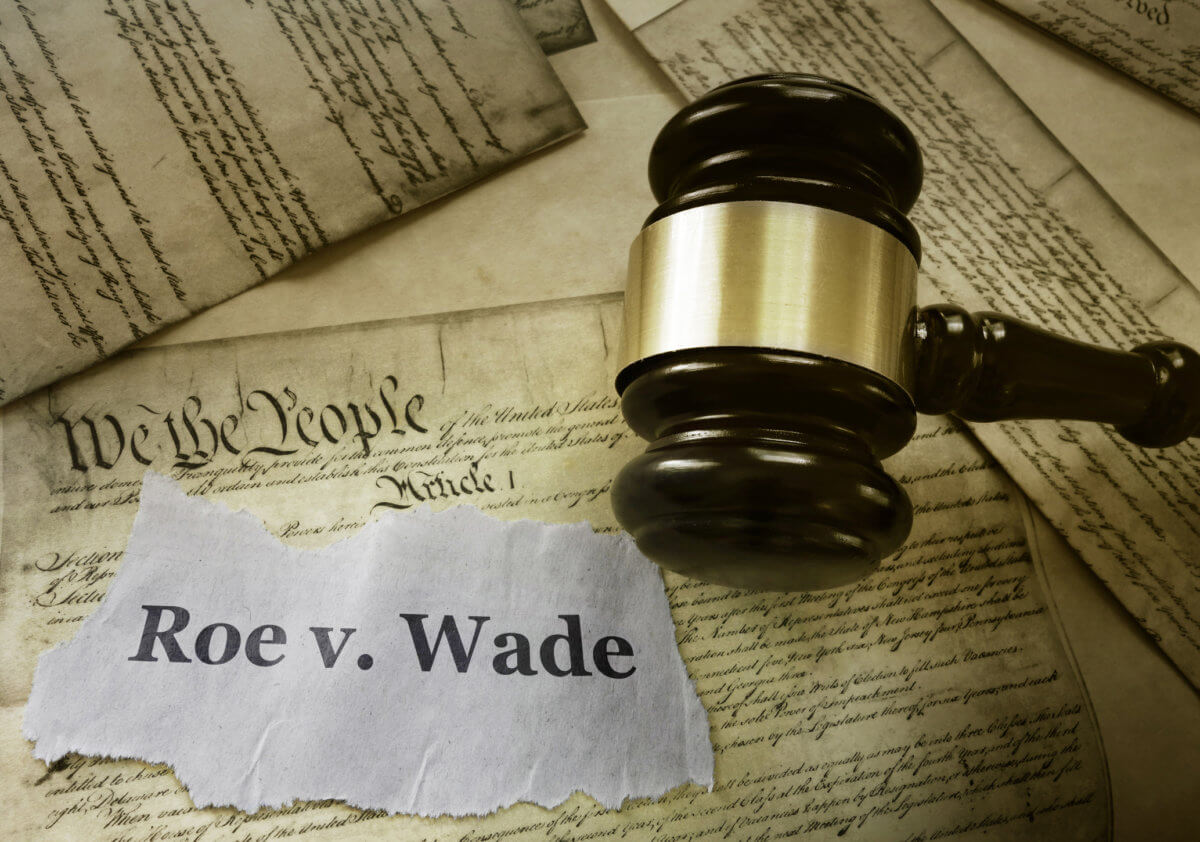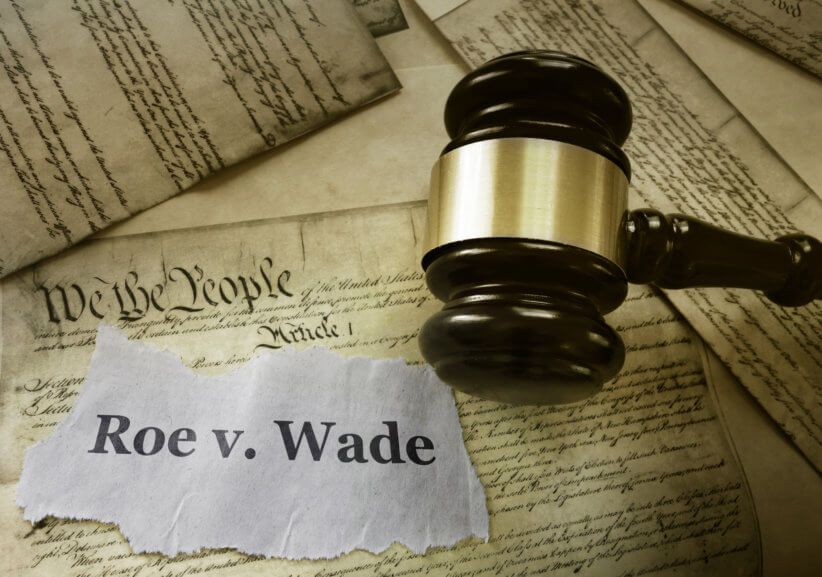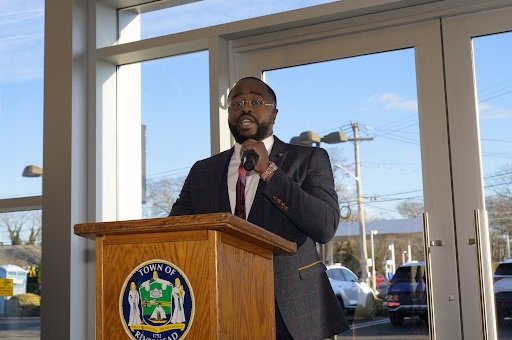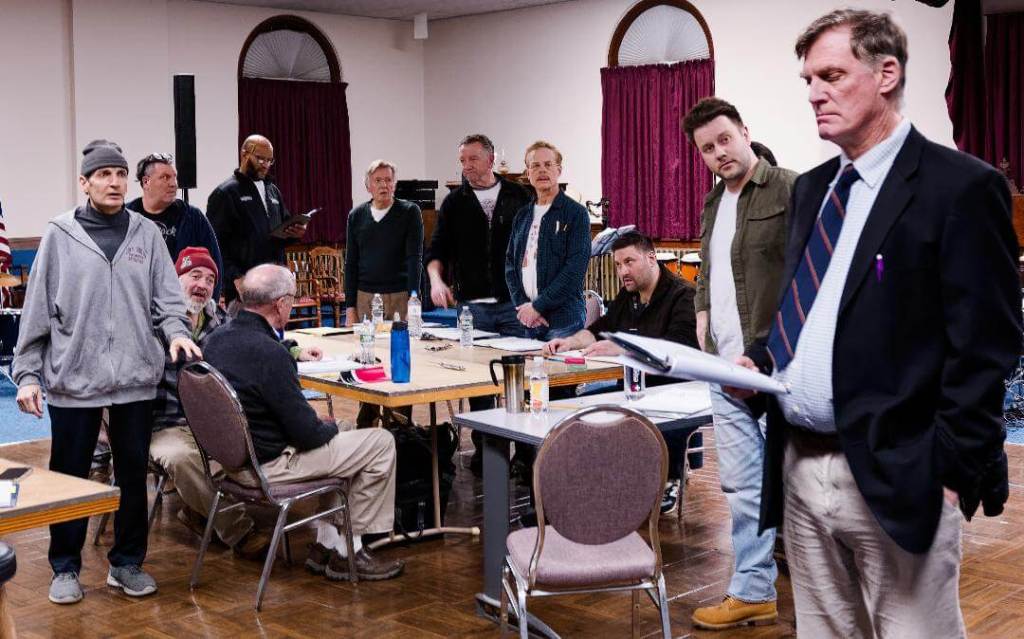What the End of Roe V. Wade Could Mean for Women's Health and Freedom


Supreme Court Leak: What the End of Roe V. Wade Could Mean for Women’s Health
In a leak draft opinion published by Politco on Monday, the U.S. Supreme Court voted to strike down Roe v. Wade, a landmark decision that gave women guaranteed access to abortion almost 50 years ago.
The unprecedented leak was written by Justice Samuel Alito, who writes in the draft that the issue was wrongly decided, adding that it should have been decided by states, not the courts. If this change in law were to occur, it essentially means that abortion rights would go along party lines.
What would this change in policy mean for women in the United States, including those from underserved communities throughout the country?
Abortion is an issue that has long divided people, caused debate and influenced politics. In recent years, abortion restrictions have been swiftly pushed forward throughout the country. In 2022 alone, more than 230 abortion restrictions have been introduced across 39 states, according to Planned Parenthood of Greater New York.
If the Supreme Court decision is overturned—and abortion rights go back to the states—this could change the way women seek abortion and reproductive care. Women in Republican states would most likely not have access to abortion, forcing them to travel to states where the procedure is legal.
As more abortion restrictions continue to be put in place, women will continue to experience challenges.
Kimberly Seals Allers, a maternal infant health strategist and founder of The Irth App, is concerned about the leak and what it could mean for women everywhere.
“It’s a very dangerous concept that we would go against people’s personal liberty to put something that’s related to someone’s personal choice into the hands of elected officials who don’t always represent everyone,” Seals Allers said. “Just because someone has been elected does not mean that they necessarily represent everyone in that state.”
She adds that in New York, women have been protected since there are state laws in place to support abortion rights, but adds that when it comes to politics, anything could happen.
“It’s scary to know that we would not have constitutional protection should the political tailwinds in our state suddenly reverse course,” she explained.
While New York currently has abortion access laws in place, women from other parts of the country would have to undergo the stress of travel to receive an abortion—and receive one safely.
“It’s not that changing the Constitution or state law means that abortions won’t happen. They have been happening since the beginning of time. It means that they won’t happen safely,” Seals Allers said. “That’s why it’s a women’s health and reproductive health issue. Women will always exercise their rights over their bodies. Whether they have the ability to do it safely or under unsafe measures is what remains to be seen.”
Across the country, protestors reacted quickly to the news of the leak. Within just hours after the Politico leak was published, protestors gathered outside the Supreme Court, and governors barked out their statements on both sides of the issue.
Alexis McGill Johnson, Planned Parenthood president and CEO, said “This leaked opinion is dangerous but we have been preparing for every possible outcome in this case—and are built for this fight. Our health centers remain open and make no mistake, we’re fighting like hell.”
The Women’s March posted on its website this morning calling on people to rally at their local government buildings, courthouses and town halls to advocate for abortion rights.
New York State Governor Kathy Hochul said on twitter, “ I refuse to let my new granddaughter have to fight for the rights that generations have fought for and won rights that she should be guaranteed. For anyone who needs access to care, our state will welcome you with open arms. Abortion will almways be safe and accessible in New York.”



